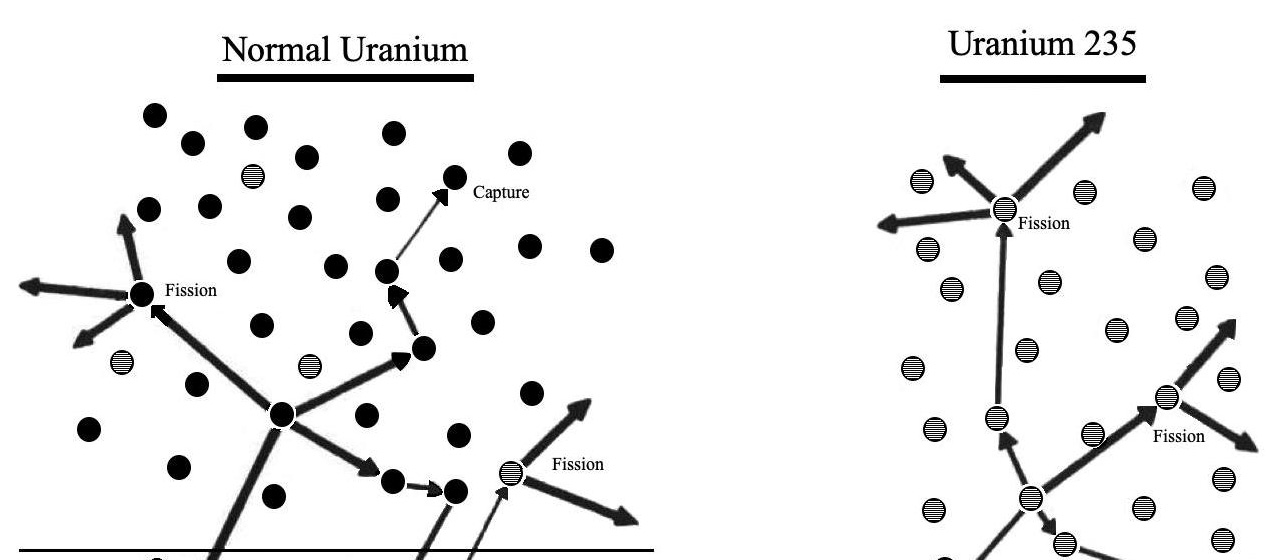Ostforschung
The term Ostforschung (Eastern Research) describes a particular approach to scholarly research on Eastern Middle Europe that emerged after World War I. It integrated methods from social sciences and geography, but was guided by the premises of an assumed 'Germanhood'. Historians would pursue inquiries into this Lebensraum and its culture with the stated political ambition to provide the scientific foundations for territorial claims against the young Polish Republic.
Although most of its actors were unwavering conservatives, the practical implications of the demands they voiced -- sometimes loudly, often quietly -- were largely congruent with fascist ideology. They played an important role in aligning history as an academic field with the needs of the new Nazi system.
In order to maintain their relevance, scholars of Ostforschung adopted their methods to the needs of an establishing dictatorship and the subsequent preparation of ruthless German warfare. This entanglement of the field's prime institutions with occupation and extermination is well documented, but never became subject to judicial scrutiny. Instead, the old networks allowed for the speedy reestablishment of Ostforschung in Western Germany under now anti-communist auspices.
The case of Ostforschung is symptomatic for the continuities within German society as it embraced the rise of totalitarianism as long as its successes lasted. People supported armament and ethnic cleansing when the system could in turn support their needs. Later they denied any responsibility for the iniquities that followed.
On a larger note, it invites us to reflect on our own notions of 'good research': Under what circumstances are expressed political amibitions acceptable? Does this differ within the realms of history or the humanities in general? And even if we find the subsequent results inadmissable, how does this disqualify the underlying methodology?
